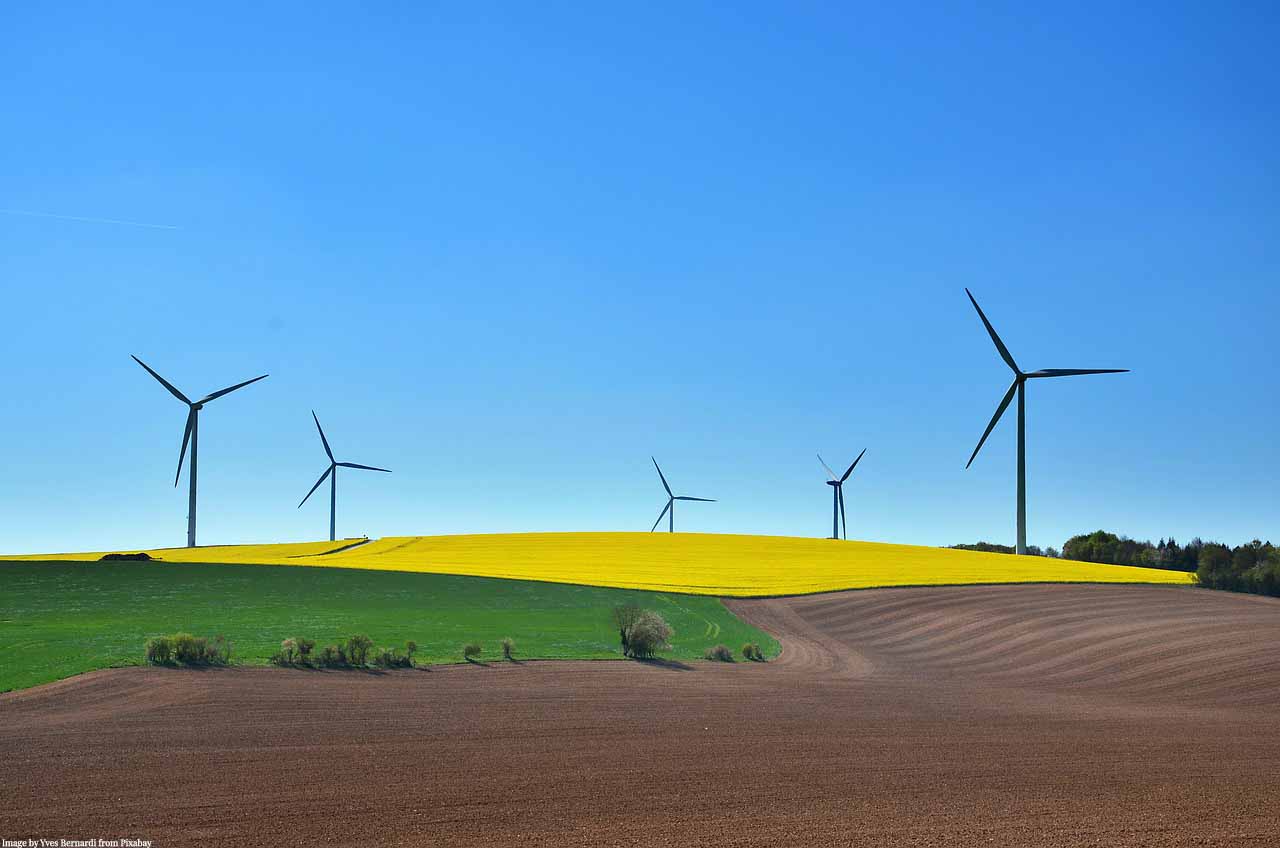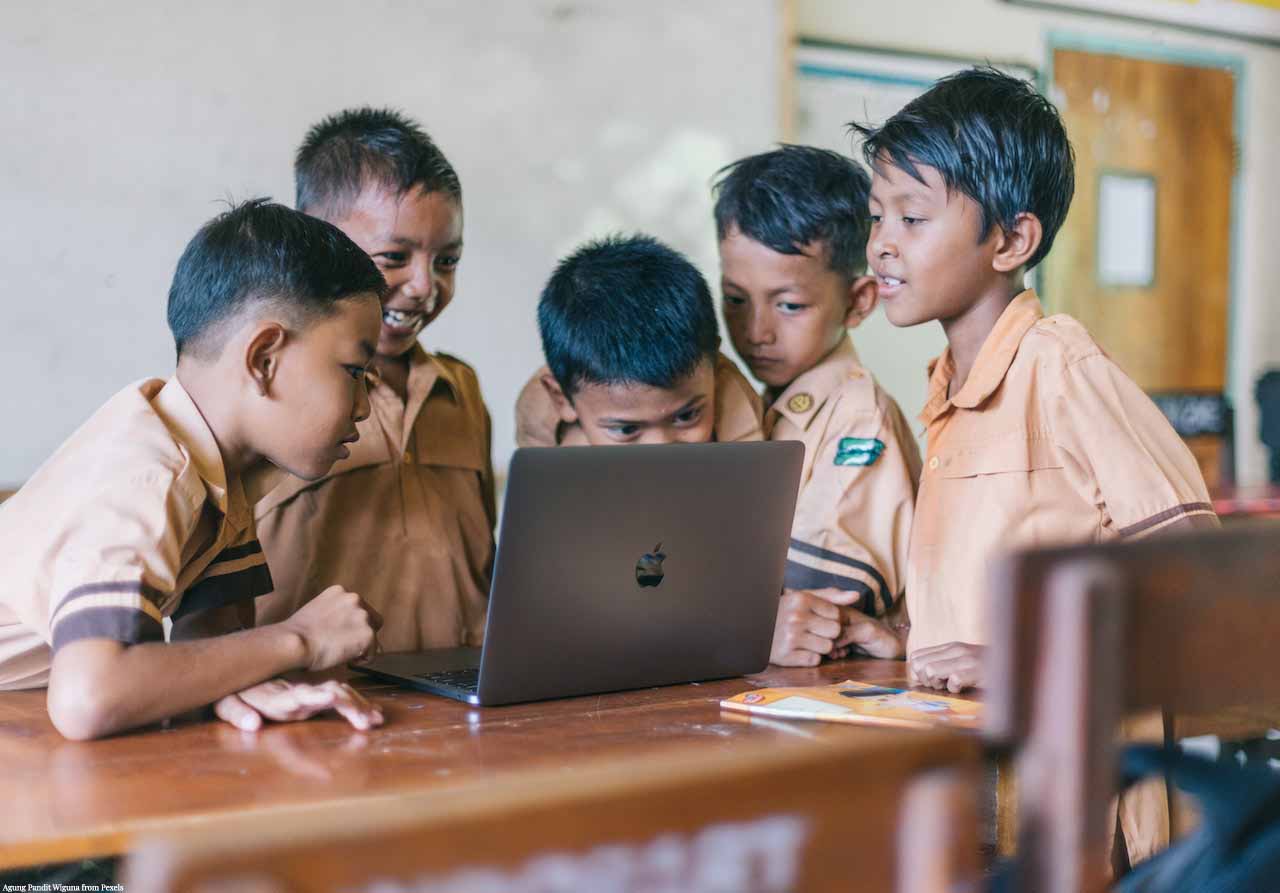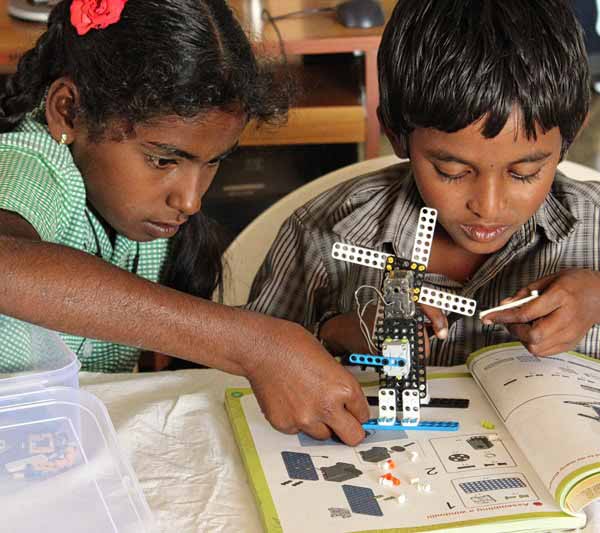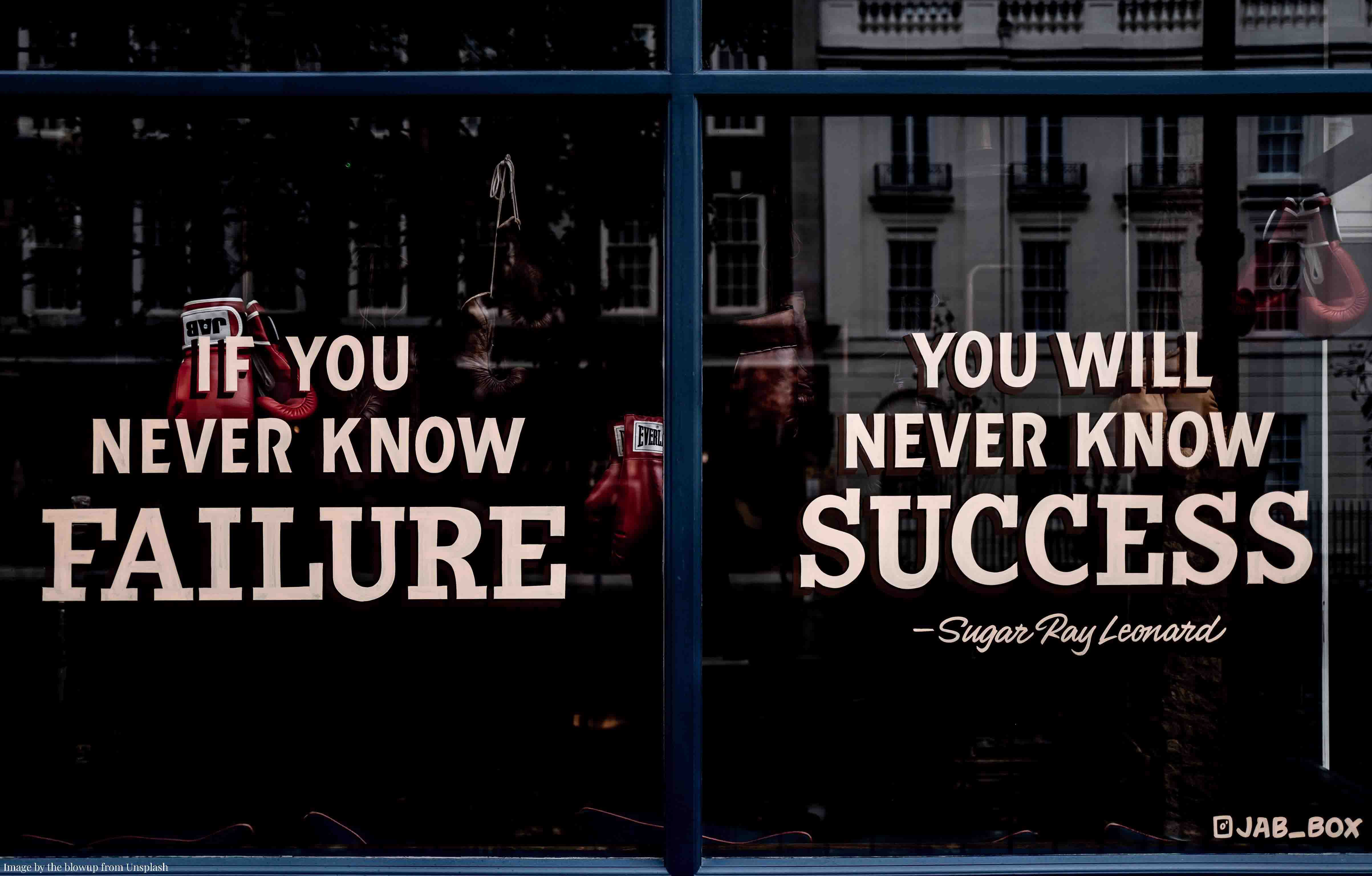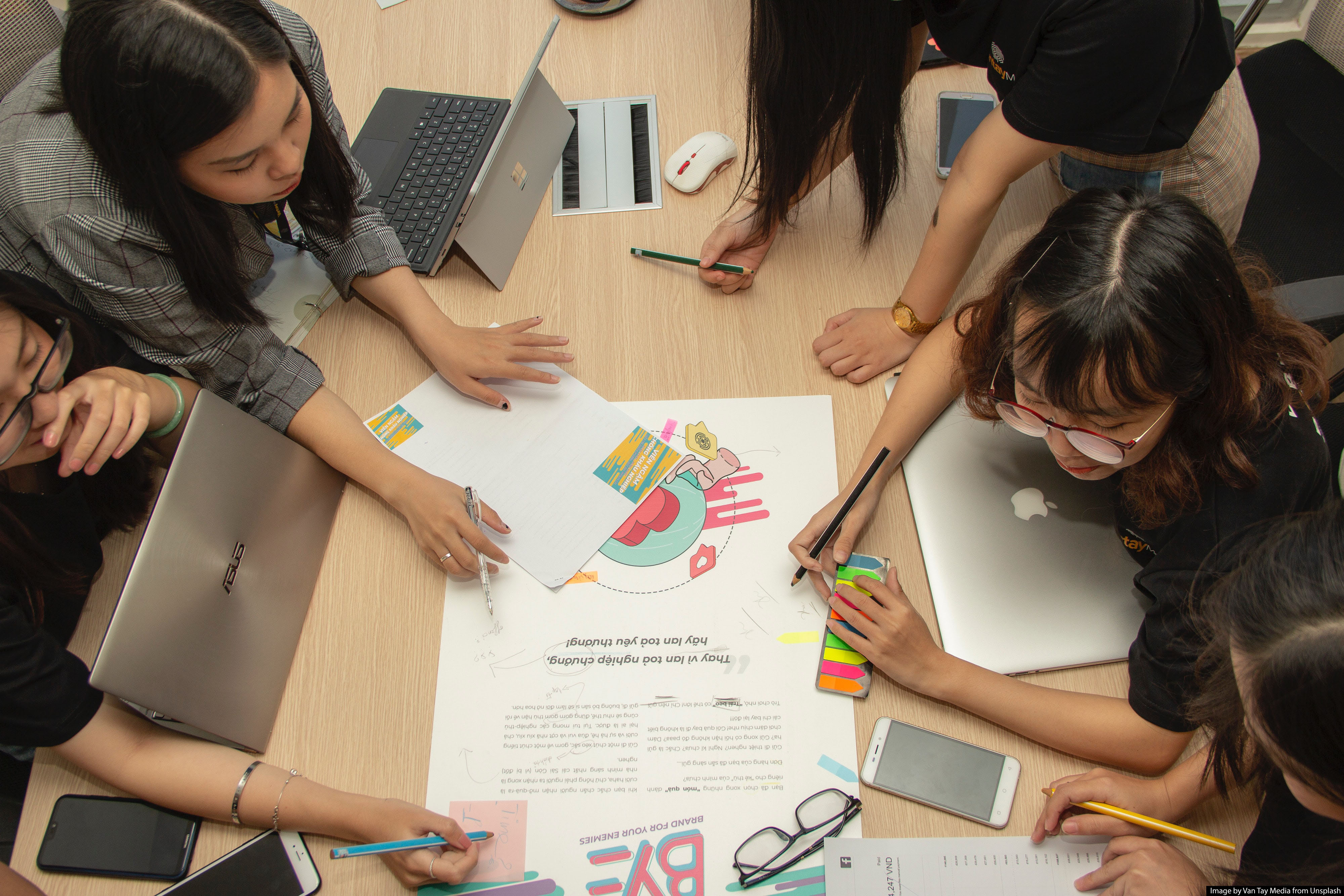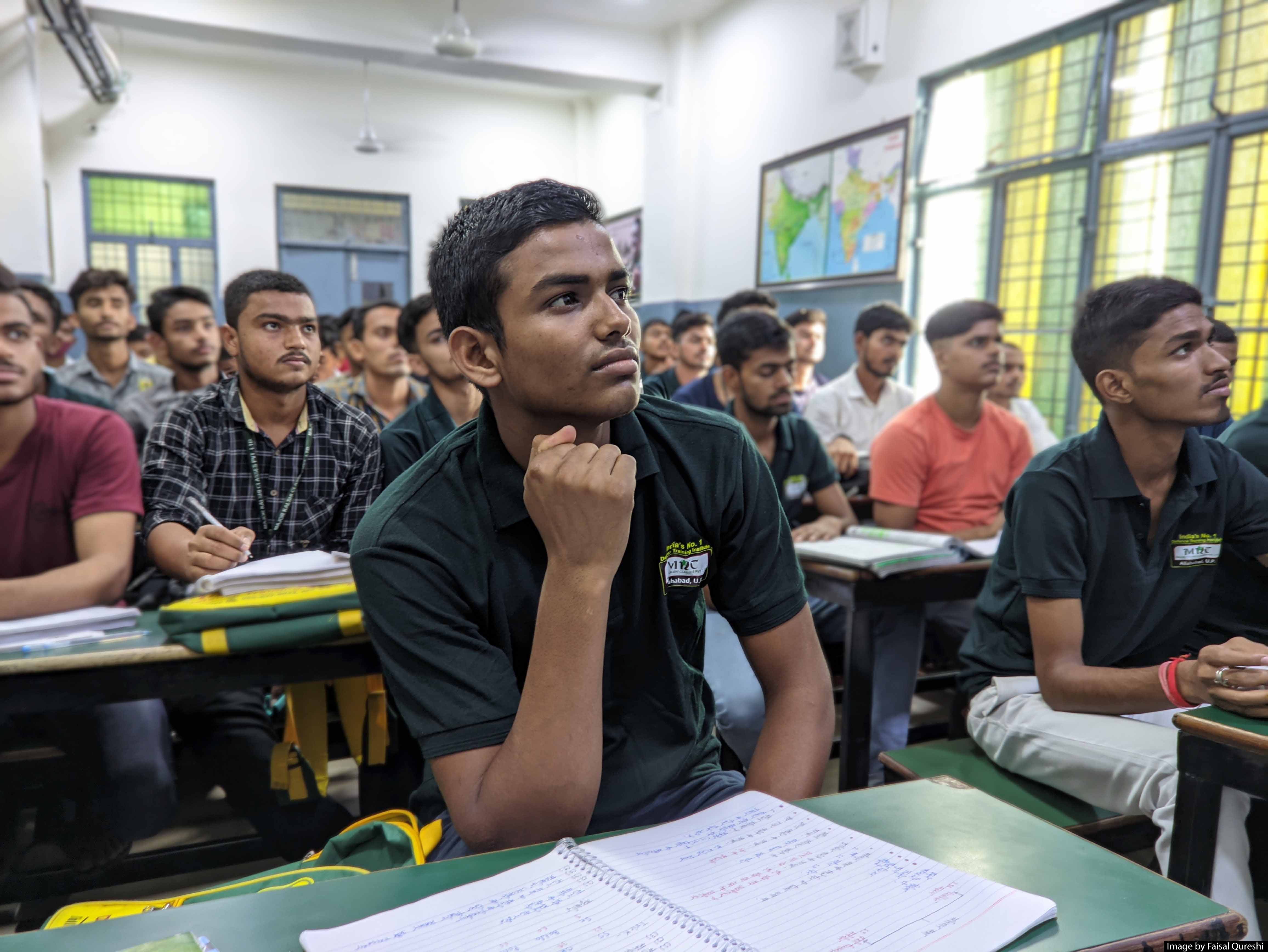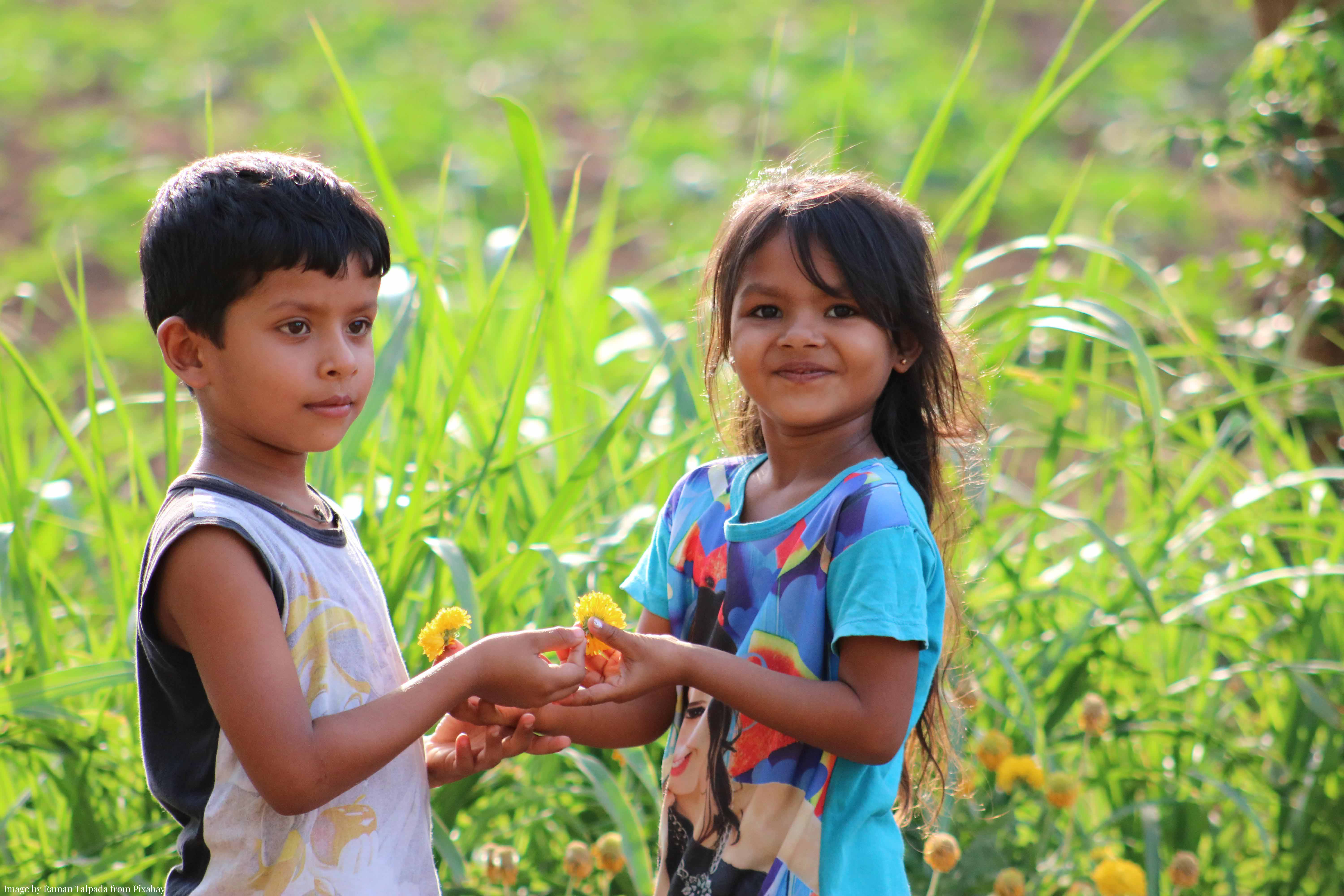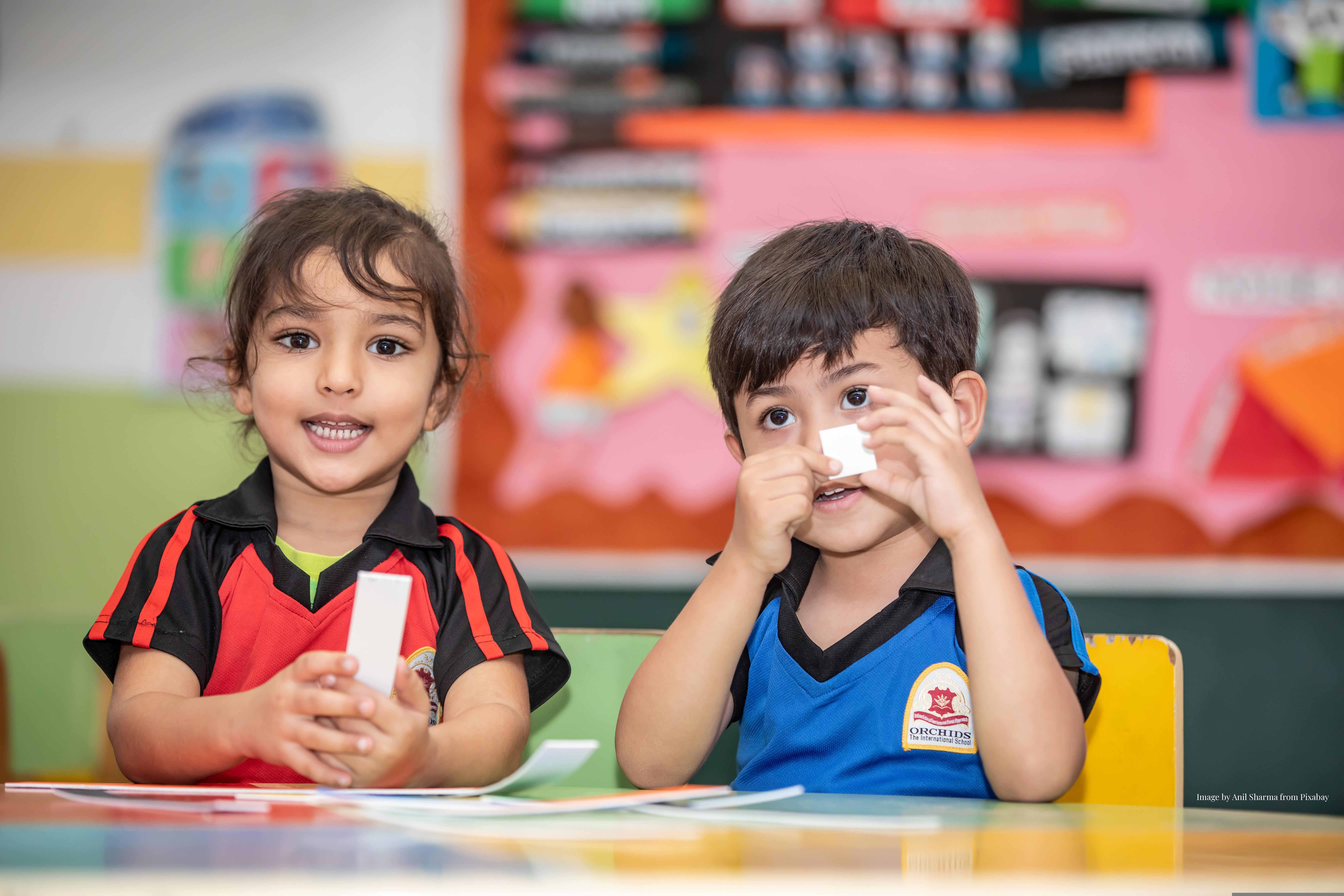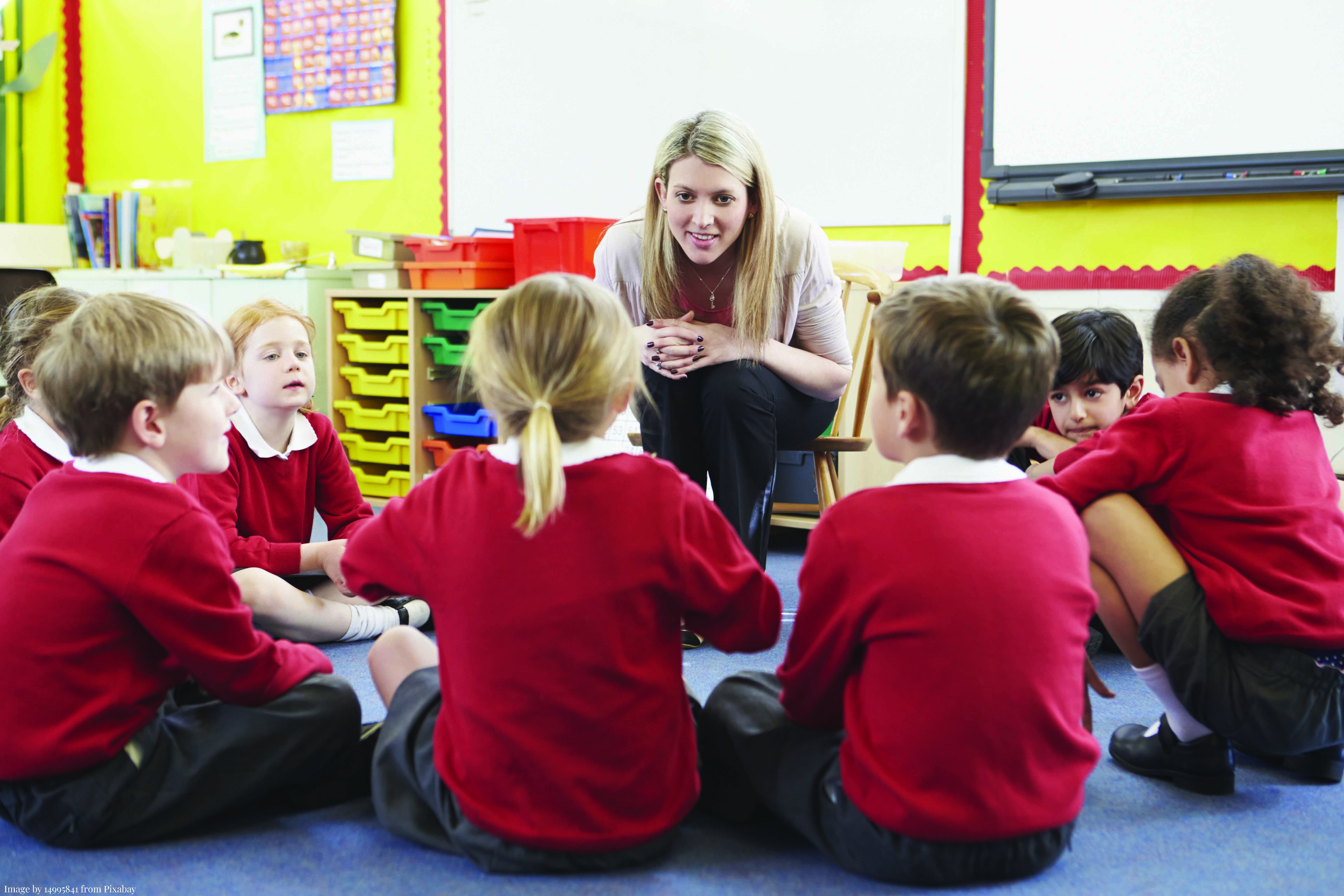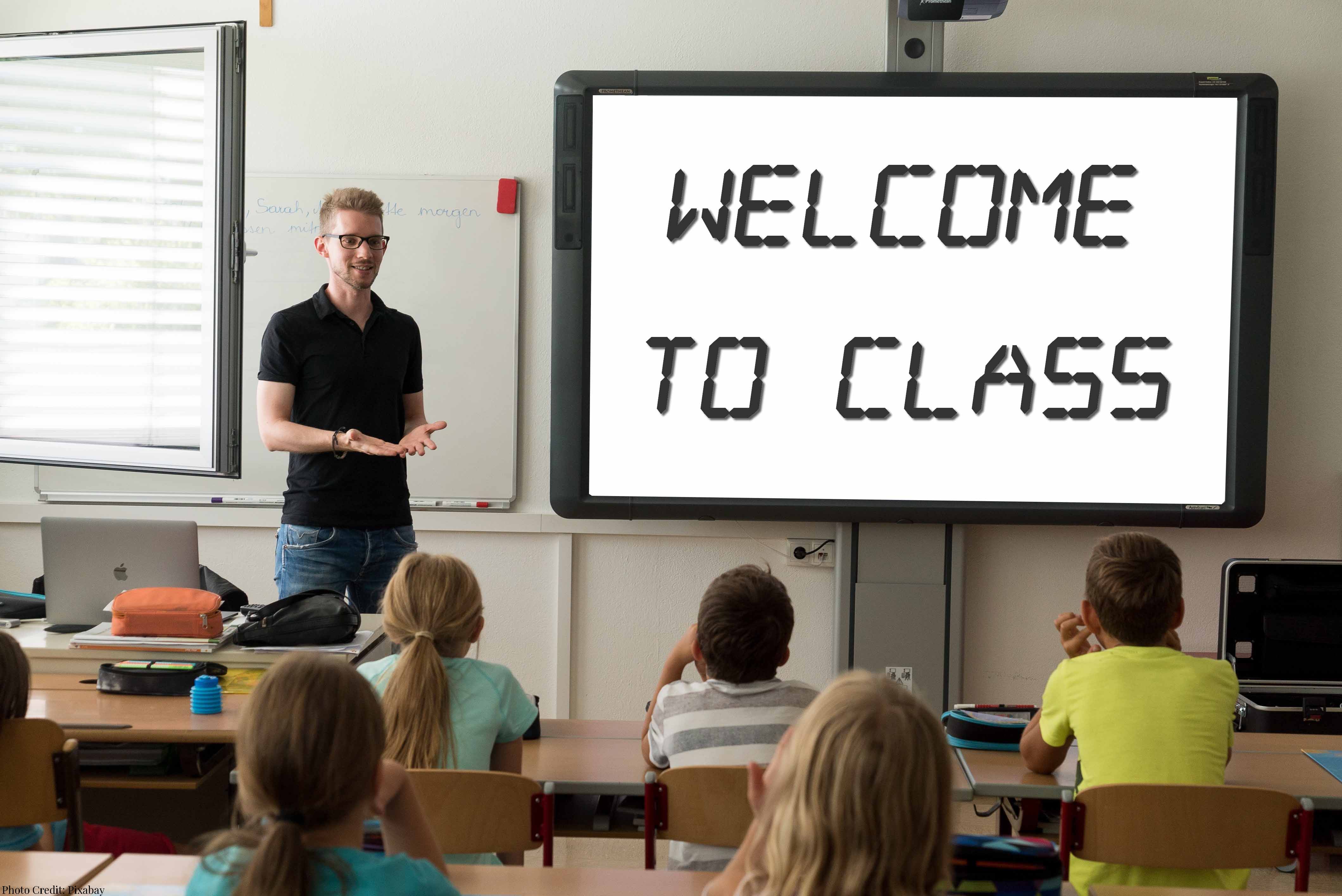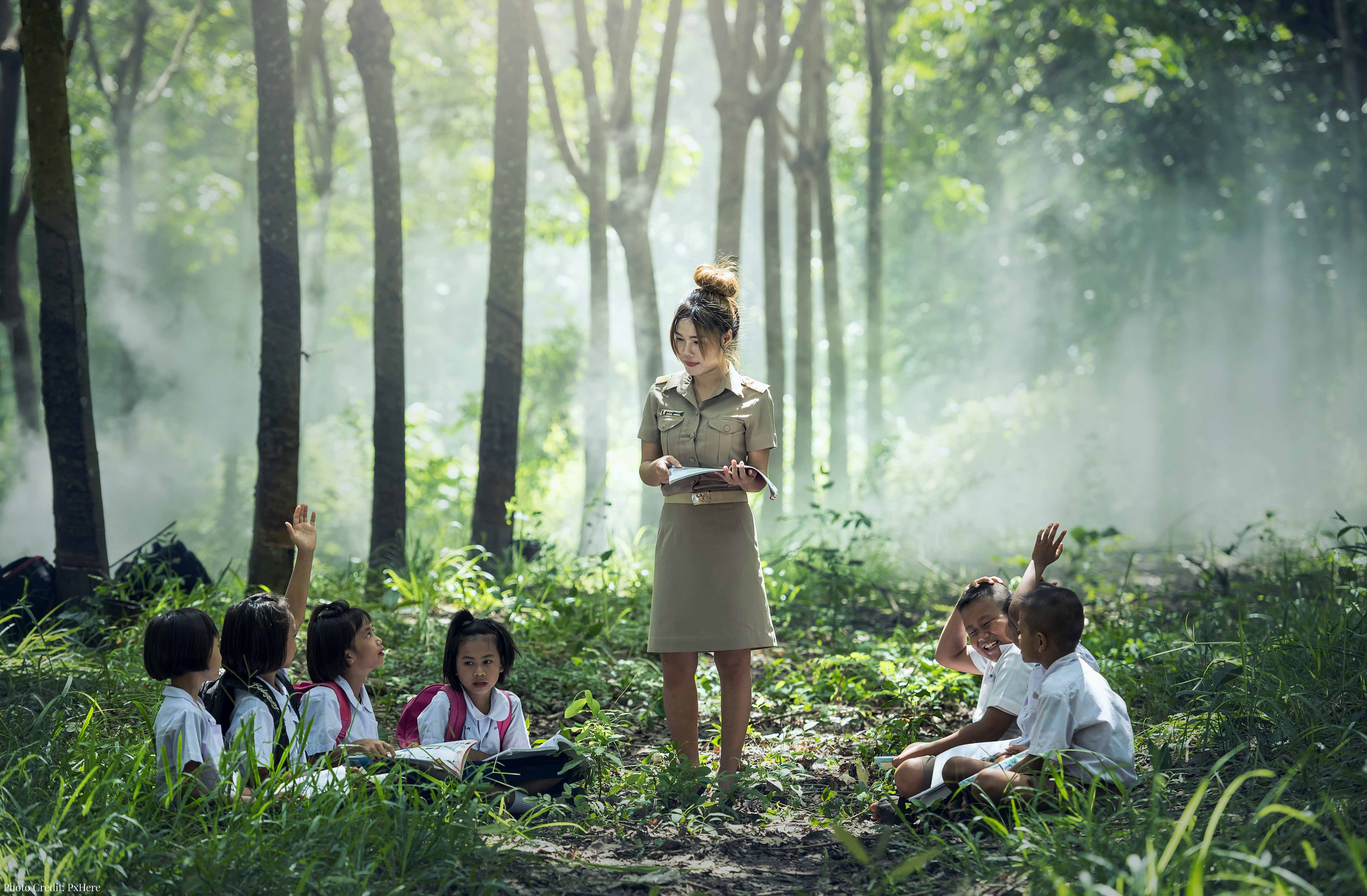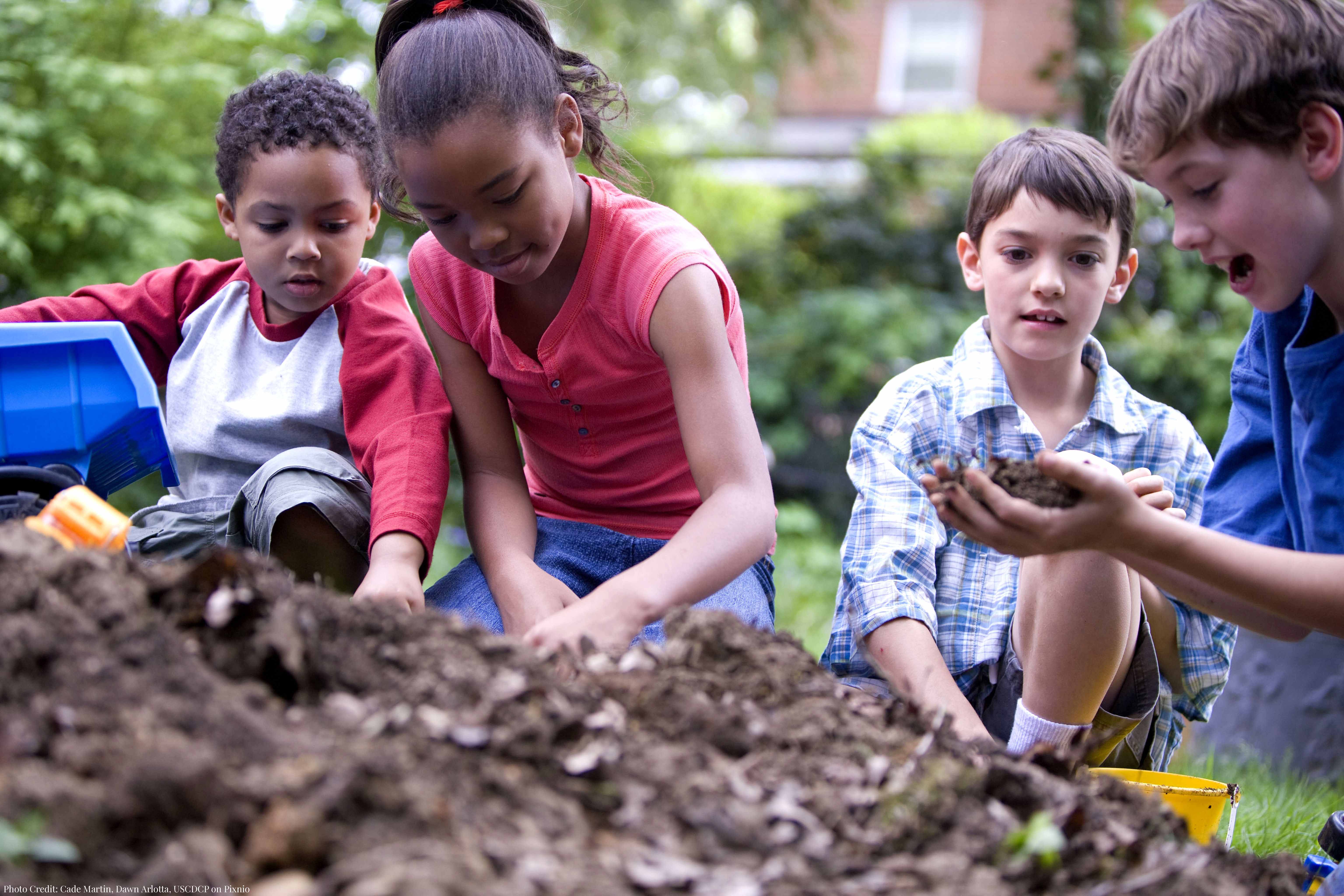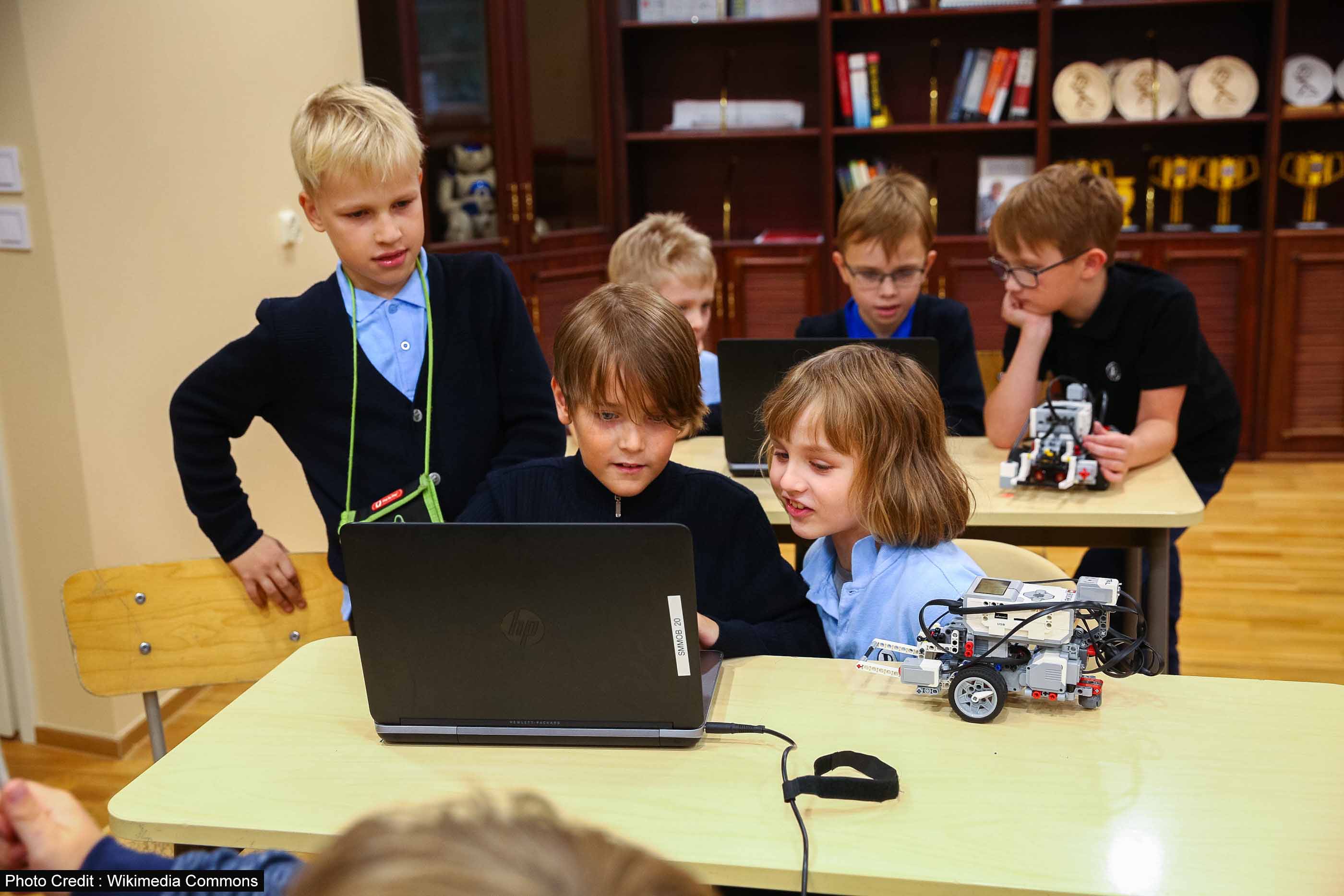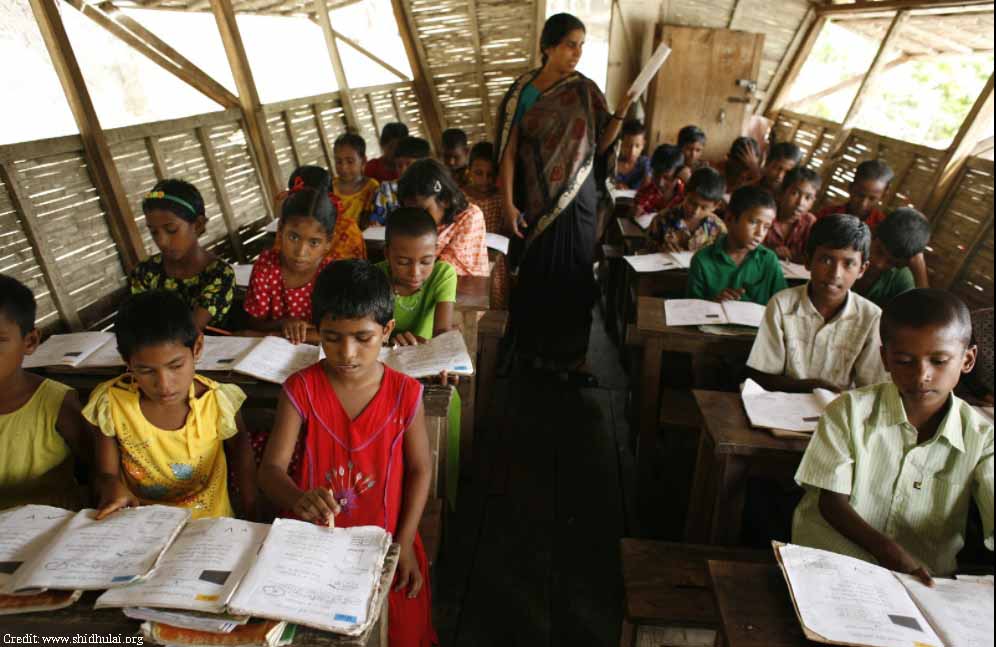Mass Education is Over: Customized and Flexible Education is the Order of the Day
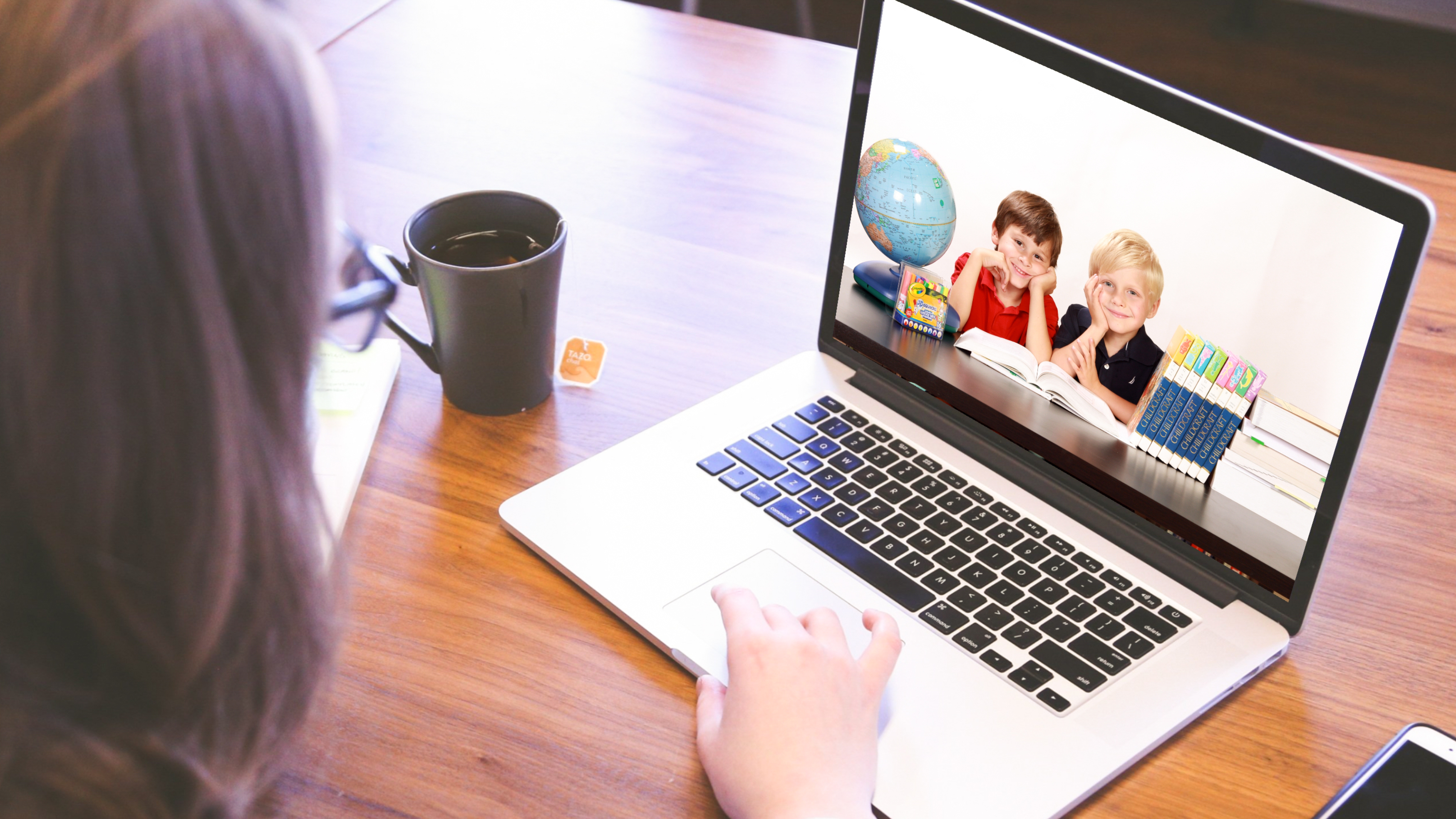
This paper traces the evolution of education from the stone age to the agricultural age, to the industrial age, and the Information and AI Age. In the hunter-gatherer stage, the master hunter taught the hunting tricks to his offspring. In the agricultural age, methods of farming were passed on from one generation to the other by the head of the family. However, the industrial age led to the invention of a new form of education, called mass education. Unfortunately, mass education with its regimentation that killed creativity and individuality has become less relevant today. It has to give way to customized education that promotes creativity and diversity among the students. This paper highlights the impact of technology in making education flexible and customized to individual needs. Robots are likely to replace teachers in certain areas. New concepts in education, such as the Just-in-time education, Hop-on & hop-off model of education, Uberization of education, borderless education, modern Gurukul, and Micro lessons are also discussed in this article. Finally, the changing role of teachers and strategies for teachers to remain relevant are discussed.
April 07, 2022
